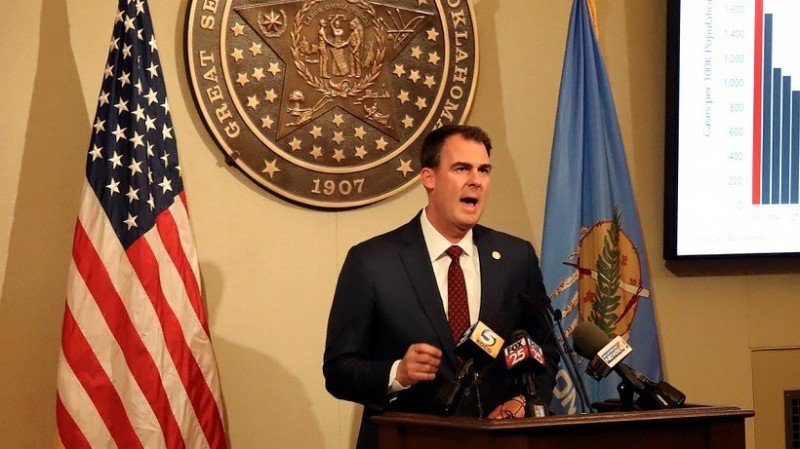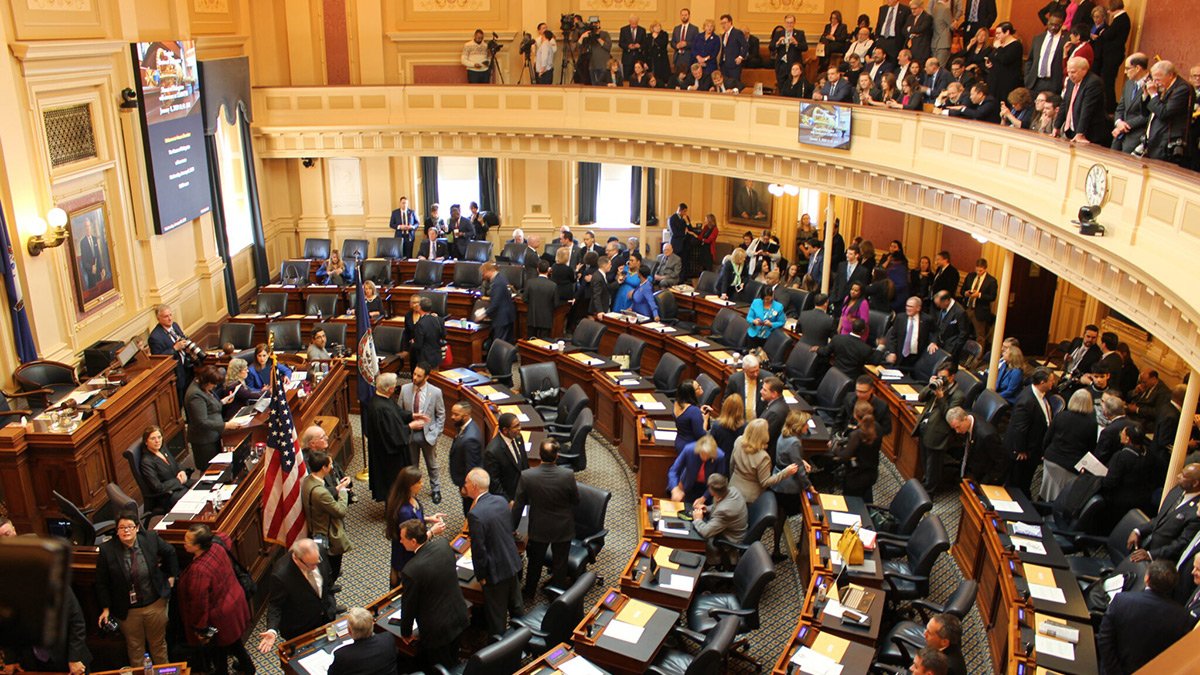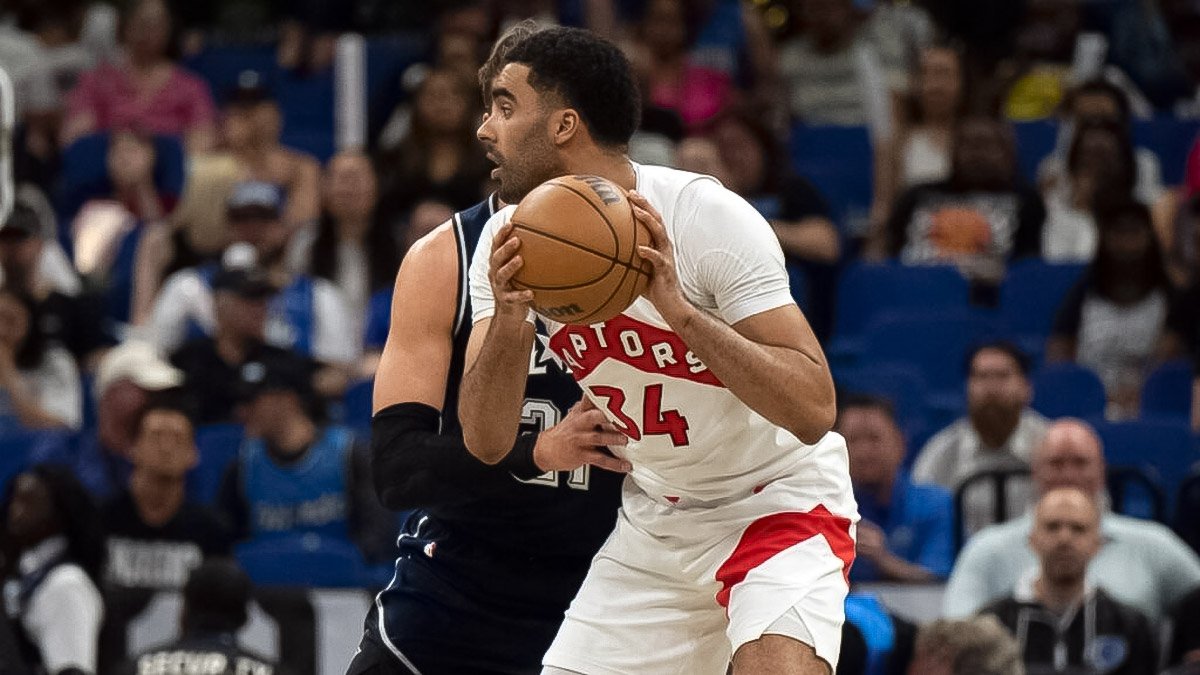Oklahoma governor's legal and other fees in tribal gaming disputes reach USD 2 M

According to Gov. Kevin Stitt spokesman, Charlie Hannema, the expenses incurred —which amounted to $1.5 million in July and were expected to rise— were a result of lawsuits filed against the governor, not by him.
As reported by Tulsa World, the dollar amount includes fees from a lawsuit the tribes brought against Stitt that successfully sought a declaration that the gaming compacts automatically renewed.
"Gov. Stitt is focused on protecting the state’s best interest and the litigation cost pales in comparison to what is at stake," Hannema said.
Tribes filed the suit on Dec. 31 in federal court in Oklahoma City after the governor said their compacts were expiring and Class III gaming was illegal.
Stitt had sought higher exclusivity fees. Tribes pay the state between 4% and 10% for the right to exclusively operate Class III gaming, which includes slot machines.
The tribes said they were agreeable to discussing fees, but wanted recognition that the compacts automatically renewed. Stitt chose not to appeal the federal court ruling.
Meanwhile, legislative leaders filed two lawsuits with the Oklahoma Supreme Court saying Stitt had exceeded his authority in authorizing additional compacts, which contained games not authorized under state law. Those fees are included in the current total.
Lawmakers won one suit. The outcome of the other suit is pending.
The bulk of the funding for the fees comes out of annual and one-time assessments the state charges gaming tribes for oversight and administration of the compacts.
The Tribal Gaming Compliance Fund has a balance of $978,905.85, according to the Office of Management and Enterprise Services.
The invoices for the fees were supplied by the Office of Management and Enterprise Services in response to a Tulsa World request.
The state was billed for appearances in court, legal research and analysis, correspondence, meetings, document reviews, and other items.
Some legal fees were billed at $400 an hour.
The firms involved include: Ryan Whaley, $1,019,738.87; Lytle Soule & Felty, $282,609; Revelation Consulting, $433,208.48; and Perkins Coie, $9,975.
In addition, the state paid Dykema Gossett, a law firm based in Lansing, Michigan, $216,816.12, which came out of Oklahoma Attorney General Mike Hunter’s budget.
An additional invoice for $48,359.35 from Dykema Gossett is outstanding.
"Today we have learned that in addition to wasting thousands of hours and the court’s valuable time, Gov. Stitt also spent more than $2 million of public funds waging his failed legal actions against sovereign tribal nations in his claim the model gaming compact had expired," said Matthew L. Morgan, chairman of the Oklahoma Indian Gaming Association. "It should concern all Oklahomans that Gov. Stitt used these funds from tribal governments that are designed for auditing, accounting, and other oversight responsibilities under the gaming compact for other purposes. We do not believe paying frivolous legal fees to be an appropriate use of those resources."

















































